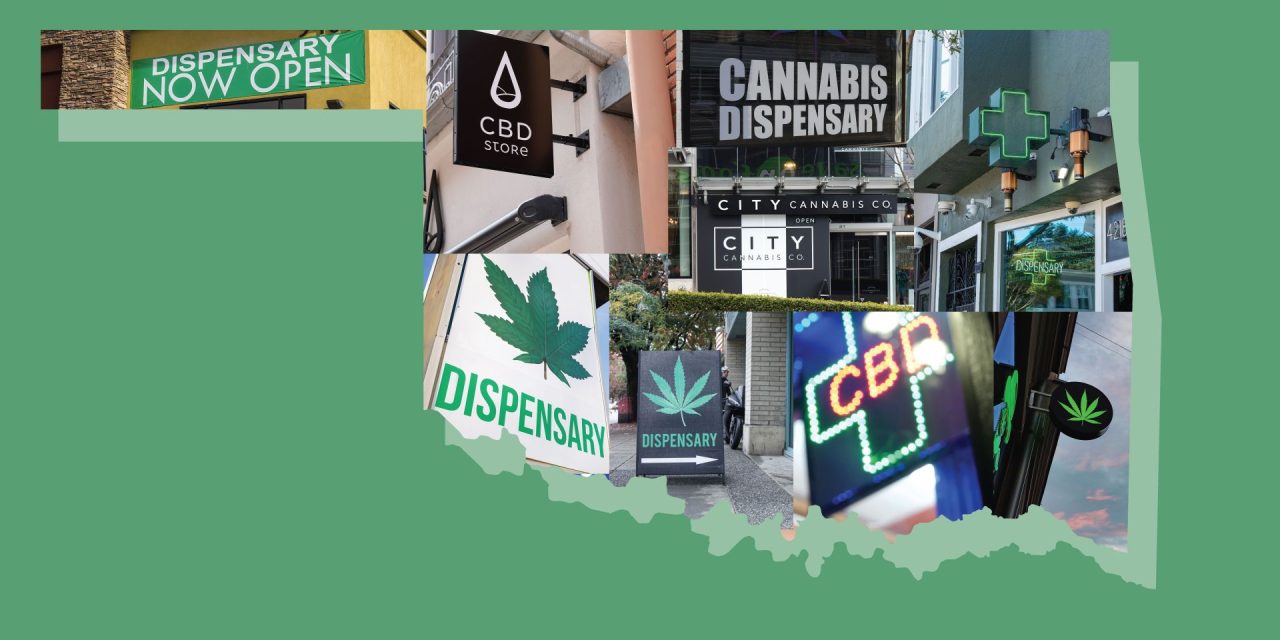In my last column, I voiced concern about the rapid advancement of legalized marijuana in Oklahoma. I specifically raised concerns about State Question 820, a forthcoming ballot measure which would legalize recreational marijuana in our state.
Oklahoma Baptists can and should speak out against this move toward even more marijuana in our state, which sadly already has become a marijuana armpit of America with more dispensaries than any other state.
In 2018, Oklahoma Baptists advanced a resolution at our annual meeting that said, “We are alarmed at the rapid advance of acceptance of recreational marijuana and the trafficking and abuse of other addictive drugs. We believe that every state and authority should protect its people from the trafficking of illicit drugs, and we know that the abuse of drugs leaves neighborhoods and schools vulnerable for exploitation. We pray that the citizens of Oklahoma will oppose the legalization of recreational marijuana and that the church will be proactive through Christ-centered ministries to reach people who are addicted to substances.”
Those words still ring true. Whereas my last column discussed prudent steps to stop marijuana’s further advancement through this state question, here I want to highlight and applaud the efforts by many Oklahoma Baptists to help individuals who have become addicted to these substances.
With programs like Celebrate Recovery and Finding Hope (a Christ-based support group from Hope Is Alive Ministries), among other programs, there are countless Christ-centered ministries available to offer help and hope to those facing addiction. What’s more, the Edna McMillan Oklahoma State Missions Offering is also helping in these important efforts.
According to statistics available, there is somewhere between 160,000 and 300,000 people in Oklahoma facing substance abuse addictions. Now, these are not mere statistics. They are real men and women (and sadly young people, too) needing the hope of Jesus and help.
As we know, substance abuse is not a victimless situation affecting only one individual. For every person addicted to substances like drugs or alcohol, there are family members, friends and whole communities who can be devastated in the process.
The Bible continually warns people against being inebriated, addicted and delving into reckless behavior (1 Cor. 6:19-20; Eph. 5:18; Titus 2:12; 1 Pet. 5:8). As bad as these sins—which in some cases are also crimes—are, there is always hope and help.
There is hope for the addicted individual. God can and does lift people out of substance abuse and into His open places where His blessings abound. He replaces addiction and wreckage with joy and peace and restored relationships.
There is hope for family members of the addicted. One participant in the Finding Hope program, who is mother of a drug addict, said, “Finding Hope has given me the tools to face this giant with others, and I don’t feel so alone and helpless.”
As Oklahoma continues to go to pot—meaning, as we see marijuana and other mind-altering, addictive substances become socially acceptable and widely available—it will be the church who can continue to step in to offer help and hope amid the mess.
Ultimately, it is the Lord Jesus who shows us how to do this well. Today, we warn against recreational marijuana use and legalization. And today, we also stand ready to offer hope and help through our churches to those facing this crisis.





